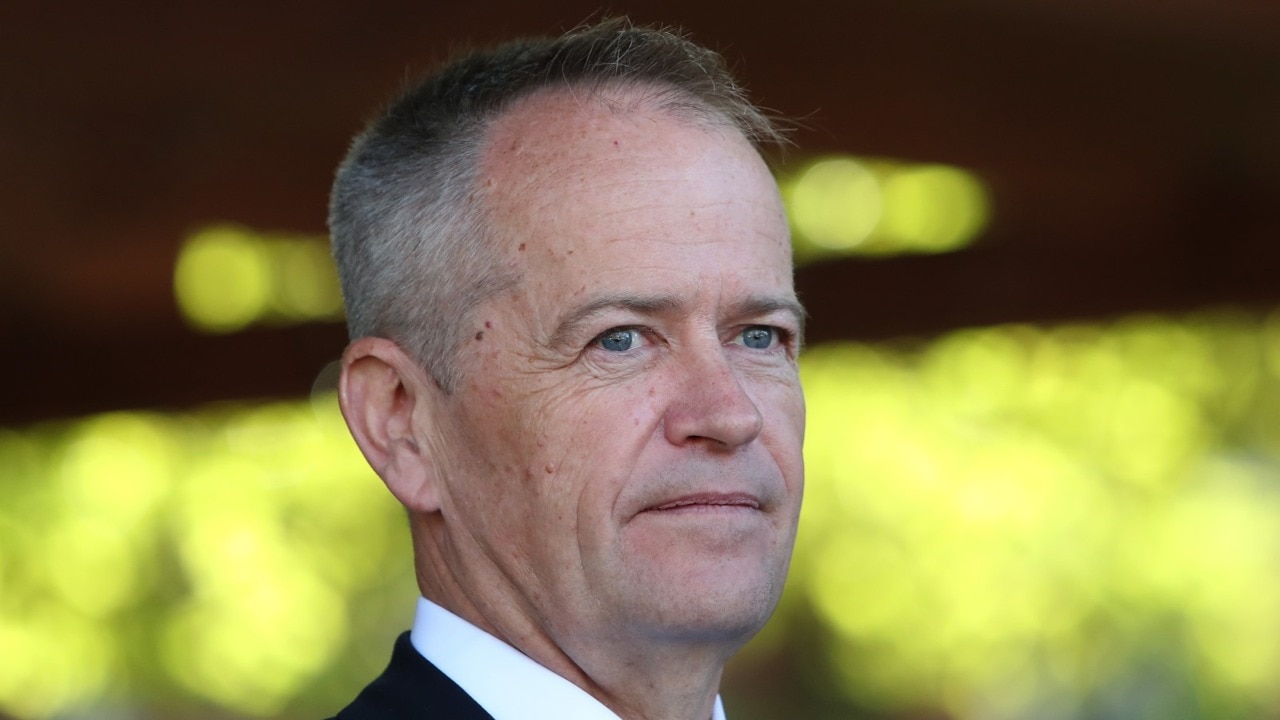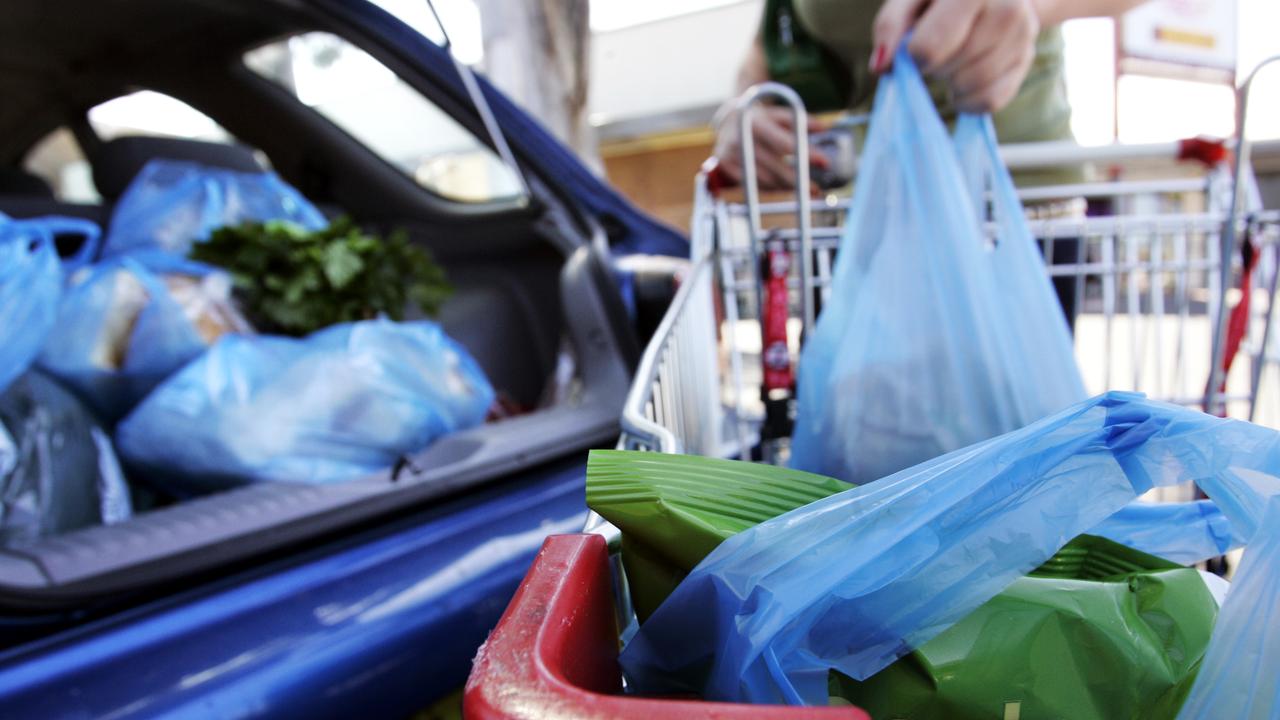Karina Barrymore: Cash refunds to super recipients should be abolished
The loss of franking credits, as championed by federal Labor, isn’t the end of the world. In fact, it might be the start of a better world — a fairer, more inclusive world, writes Karina Barrymore.

Your Hip Pocket
Don't miss out on the headlines from Your Hip Pocket. Followed categories will be added to My News.
Peeps relax, chill. You’d think the sky had fallen in with all the hue and cry about franking credits.
Yes, we may lose the ability to get cash refunds for tax paid by companies we invest in, but it’s not the end of the world.
In fact, it might be the start of a better world — a fairer, more inclusive world.
LABOR FACING FRANKING RETIREE CREDIT REVOLT
Australia is the only major economy that allows this cash refund gift, ahem, I mean strategy, and maybe there’s a good reason for that.
As it stands, more than $5 billion a year of tax already paid by companies is then taken out of the tax pool and paid in cash to shareholders.
In this age of corporate tax dodging, when we need more than ever to get companies and company owners — that means shareholders — to pay their fair share of tax, it is hard to justify the tax office giving this money back.
Every dollar paid out in a cash refund to an investor is a dollar taken out of the federal Budget — a budget that is needed for everything else our economy and society funds: education, health, disability funding, social welfare … the list is huge.
So let’s just nut out the argument a bit further.
An investor, like any other income earner, gets paid by a dividend (instead of a wage) and like any other income, they have to pay tax on it.
Dividends, however, are taken out of company profits and in most cases the company has already paid 30 per cent corporate tax on that money.
So it seems sensible and fair that if the company has already paid tax, then the shareholder shouldn’t have to pay again — that would be double tax and that would be unfair.
To avoid being double taxed, dividend imputation means the 30 per cent company tax already paid on the dividend can be offset against other tax the shareholder has to pay, such as from their day job, rental income or selling hot dogs at the beach.
And if they are a high income earner, say their marginal tax rate is 45 per cent, then they have to top up the gap between the 30 per cent tax already paid on the dividend by another 15 per cent.
But if the shareholder is a low income earner or they don’t pay any tax at all (such as retirees on superannuation) well, that’s where it all gets a bit weird.
In these cases, shareholders get the 30 per cent tax paid by the company refunded directly to them. That’s C.A.S.H. in the hand.
Not only do they get their dividend but also extra cash from the tax office.
At the moment this is costing taxpayers about $5 billion a year in cash refunds but because it’s such a lark, it’s forecast to jump to $8 billion, as more non-tax payers get in on the act.
Sure, I support the concept of offsetting tax that has been paid on dividends against other tax a shareholder might have to pay — allowing them to average it across their marginal tax rate.
But, a cash refund? For non-tax payers?
That’s just crazy stupid.


